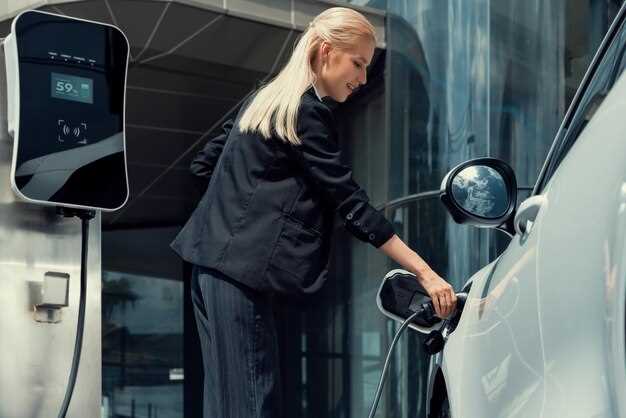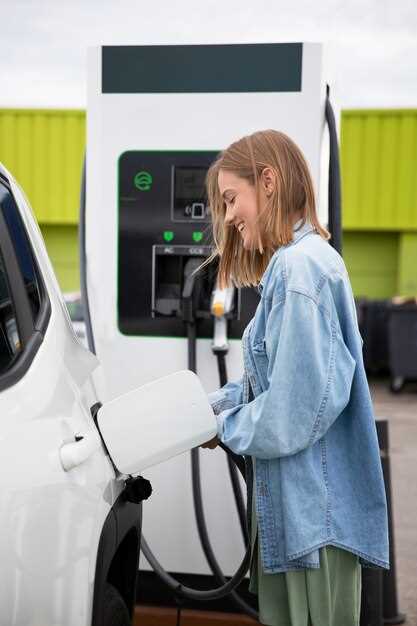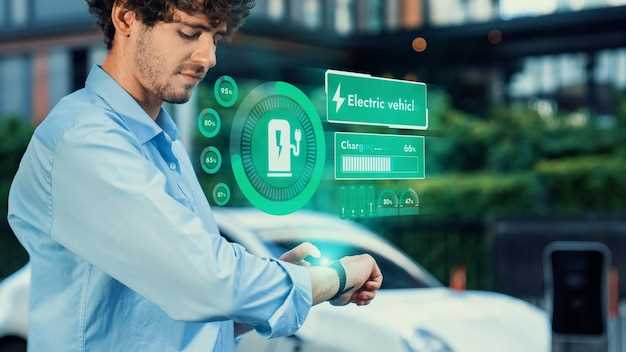
The transition from gasoline cars to electric vehicles (EVs) is reshaping the automotive landscape. One of the primary advantages of EVs lies in their efficiency. Electric vehicles convert a higher percentage of electrical energy from the grid to power at the wheels, significantly outperforming gasoline engines, which waste much of the energy from fuel combustion as heat. This efficiency translates directly into lower operational costs for EV owners.
Another critical benefit of electric vehicles is the reduced dependence on fossil gas. As global fuel prices fluctuate and environmental concerns escalate, shifting to EVs mitigates the impact of gas shortages and price hikes. Additionally, electric cars utilize renewable energy sources, enhancing energy sustainability and reducing the carbon footprint associated with traditional gasoline vehicles.
The long-term savings also contribute to the appeal of electric vehicles. While the initial purchase price may be higher, the reduced cost of electricity compared to gasoline, coupled with lower maintenance requirements, makes EVs a financially sound choice over time. As technology advances, electric vehicles continue to improve in both range and affordability, solidifying their position as a viable alternative to traditional gasoline cars.
Cost Savings of Electric Vehicles in Daily Use
Electric vehicles (EVs) offer significant cost savings compared to gasoline cars, especially when considering daily use. One of the primary factors contributing to this difference is the lower cost of electricity compared to gasoline. Charging an EV typically costs much less than filling a gas tank, leading to substantial savings over time. For many drivers, the cost of energy required to charge an EV can be one-third or even less than the equivalent cost of gasoline, depending on rates and driving habits.
Maintenance costs are another area where EVs shine. Electric motors require less maintenance than internal combustion engines, which have numerous moving parts susceptible to wear and tear. There are no oil changes, fuel filters, spark plugs, or exhaust systems to worry about in an EV. This reduction in maintenance not only results in direct savings but also means fewer trips to the mechanic, saving both time and money.
Furthermore, many regions offer incentives and rebates for electric vehicle purchases and charging infrastructure installation. These programs can offset the higher initial cost of purchasing an EV, making it a financially viable option for many consumers. In addition, as the technology continues to advance, EV prices are forecasted to decrease further, enhancing their appeal in the cost comparison: EV vs. gasoline cars.
Additionally, some EV owners benefit from home charging setups powered by renewable energy sources. Utilizing solar panels reduces energy costs even more, creating a sustainable and cost-effective solution for daily driving needs. In contrast, gasoline prices can fluctuate significantly due to market conditions, often leading to unpredictable expenses for fuel. This stability in energy costs makes budgeting for an EV simpler and more straightforward.
In summary, the shift to electric vehicles presents numerous financial advantages through savings in fuel, maintenance, and available incentives. With the growing awareness of energy consumption and the financial benefits of EVs, consumers are increasingly realizing that driving electric can lead to notable cost reductions in their daily lives.
Environmental Impact: Emissions Comparison

The comparison of emissions between electric vehicles (EVs) and gasoline cars reveals significant advantages for EVs in terms of environmental impact. Gasoline cars rely on combustion engines, which inefficiently convert fuel into energy, leading to considerable carbon dioxide and other greenhouse gas emissions. In contrast, EVs operate primarily on electricity, which can be generated from renewable energy sources, resulting in lower overall emissions.
When assessing the lifecycle emissions, including manufacturing and energy production, EVs still tend to surpass gasoline vehicles in efficiency. While producing electric vehicles can generate higher emissions upfront due to battery production, the long-term benefits in terms of reduced emissions during operation far outweigh these initial figures. Studies have shown that the total emissions from EVs over their lifespan are significantly lower compared to gasoline cars, particularly when charged from renewable energy grids.
Moreover, the transition to electric vehicles is crucial for reducing air pollution in urban areas. Gasoline cars emit not only CO2 but also nitrogen oxides and particulate matter, which contribute to smog and respiratory problems. EVs produce zero tailpipe emissions, leading to cleaner air and improved public health outcomes. The shift towards electrification in transportation is an essential step in mitigating climate change and fostering sustainable urban environments.
Maintenance Requirements for EVs vs Gasoline Cars
When comparing electric vehicles (EVs) and gasoline cars, one critical aspect to consider is their maintenance requirements. The differences between the two types of vehicles can significantly impact ownership costs and efficiency over time.
1. Mechanical Components
- EVs: Electric vehicles have fewer moving parts. They do not require oil changes, fuel filters, spark plugs, or exhaust system repairs. This simplicity often translates to lower maintenance costs.
- Gasoline Cars: Gasoline engines consist of numerous parts that require regular maintenance. Components like oil filters, air filters, and timing belts need periodic replacement, contributing to higher long-term expenses.
2. Brake Systems
- EVs: Regenerative braking in EVs enhances the lifespan of brake components. This system recovers energy during braking, reducing wear on brake pads and discs.
- Gasoline Cars: Traditional braking systems experience standard wear and tear, necessitating more frequent brake replacements and maintenance.
3. Battery Maintenance
- EVs: Battery management is crucial for electric vehicles. While batteries are designed to last many years, they require proper monitoring to maintain optimal performance.
- Gasoline Cars: They do not have battery maintenance concerns associated with EVs but do require routine checks of the car’s starter and ignition system.
4. Fluids and Cooling
- EVs: Generally, EVs need less fluid maintenance. They often only require coolant checks for the thermal management system used to keep the battery at optimal temperatures.
- Gasoline Cars: In contrast, gasoline vehicles require regular checks and changes of engine oil, coolant, brake fluid, and transmission fluid, which increases maintenance efforts.
5. Overall Cost Efficiency

The overall maintenance costs for electric vehicles tend to be lower than those for gasoline cars. With fewer parts that require regular servicing and less frequent maintenance tasks, EVs offer a more cost-effective solution in the long run.
In summary, the maintenance requirements for EVs are generally less demanding compared to those for gasoline cars. This efficiency makes electric vehicles an appealing choice for those looking to minimize ongoing costs and maintenance tasks.


